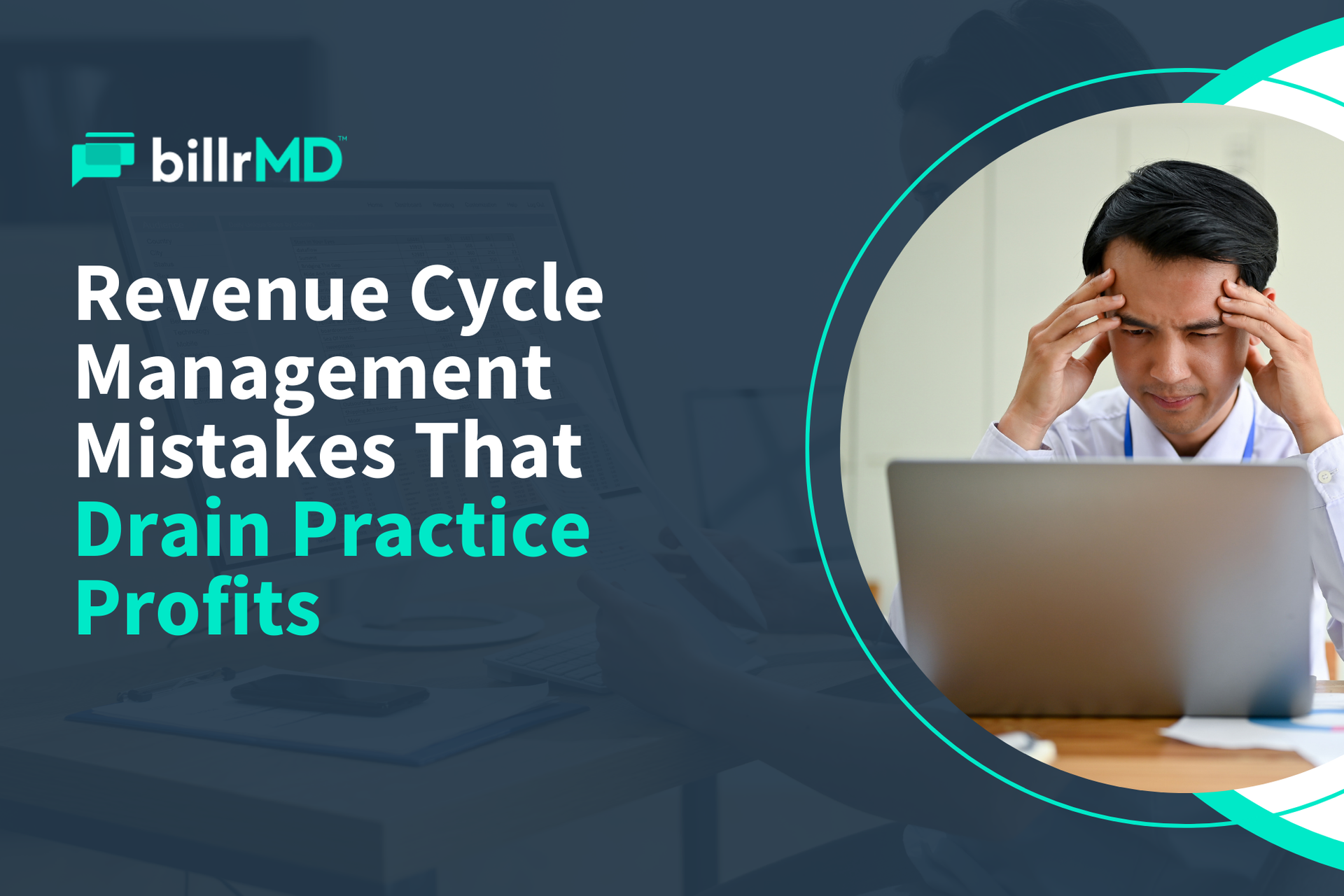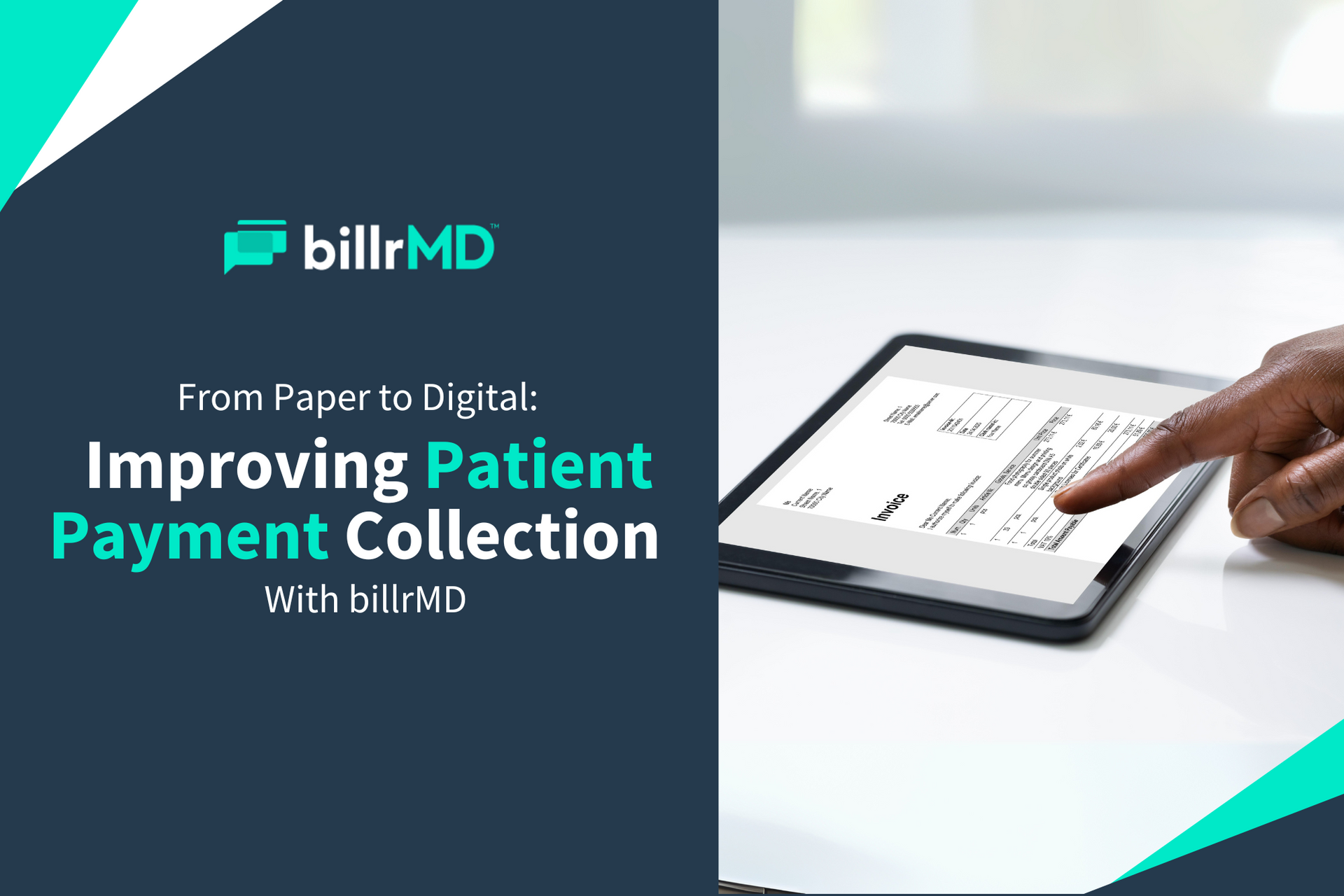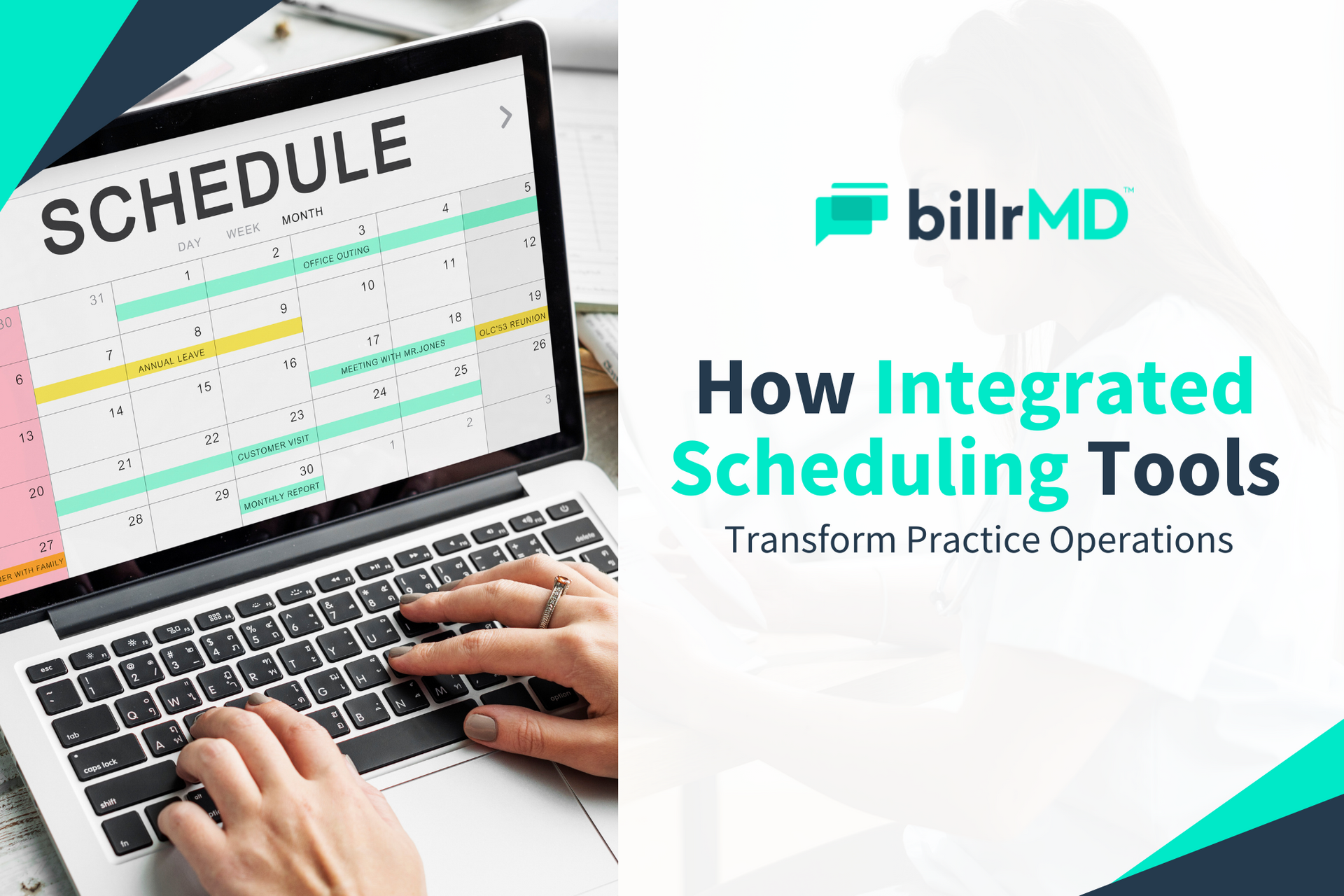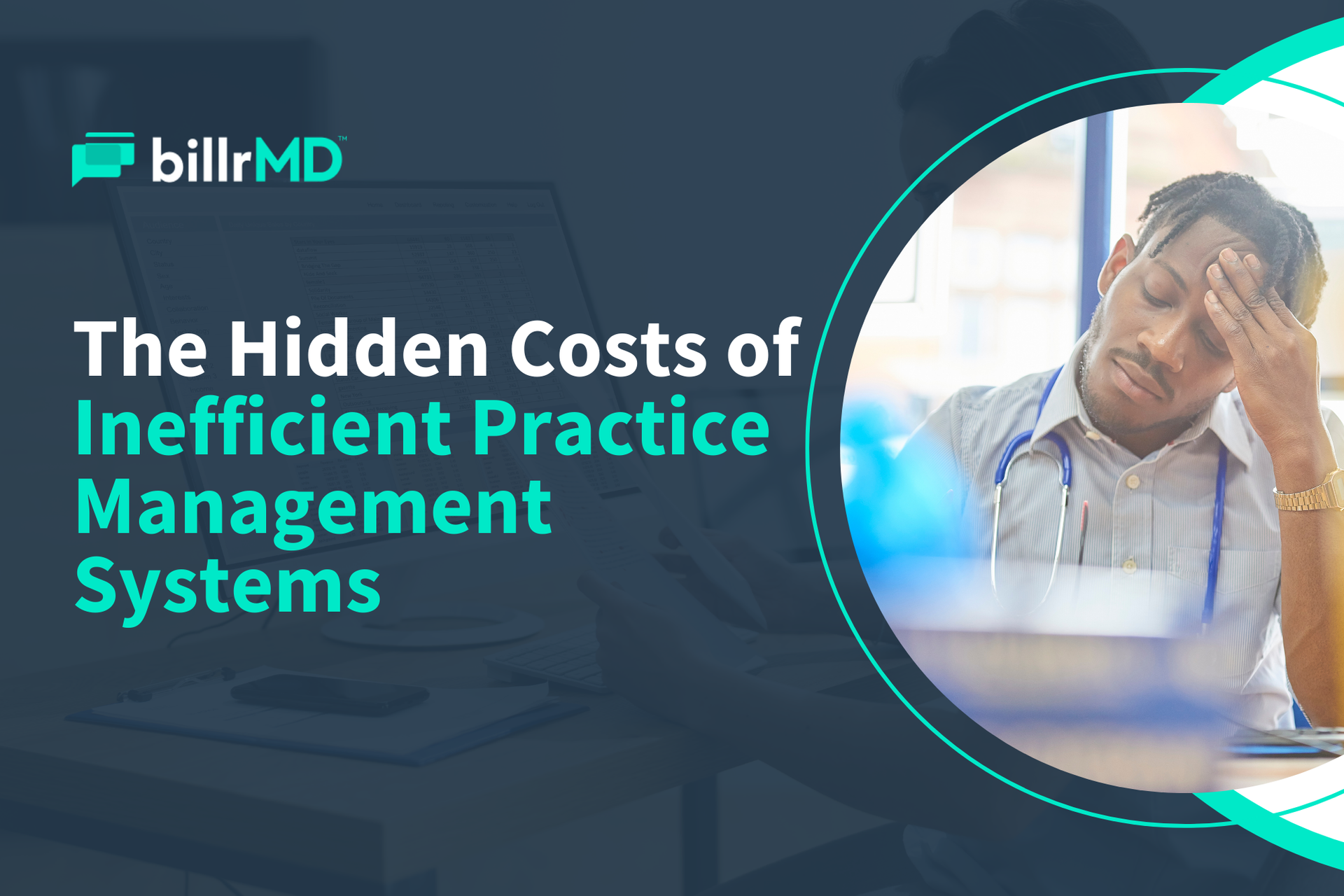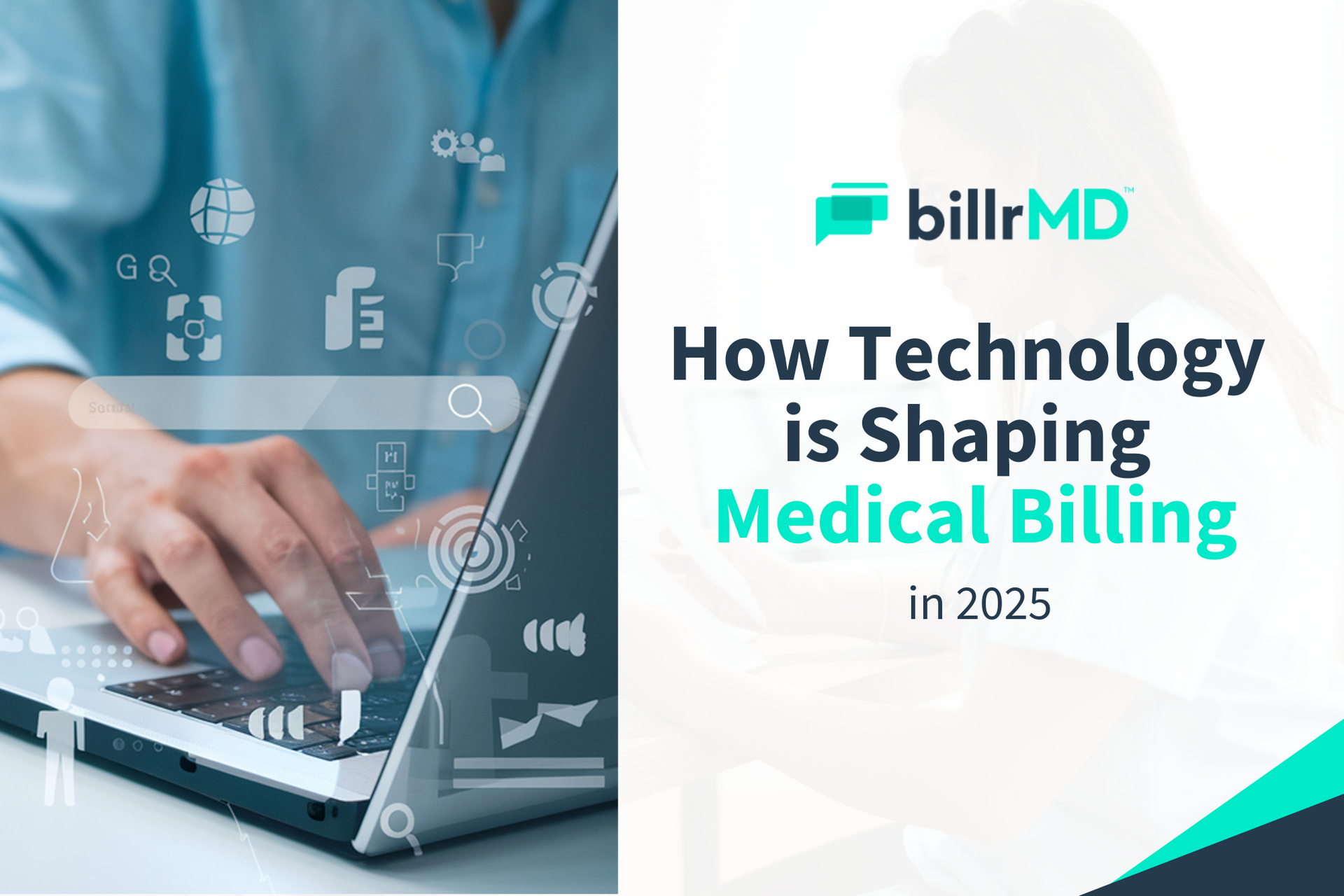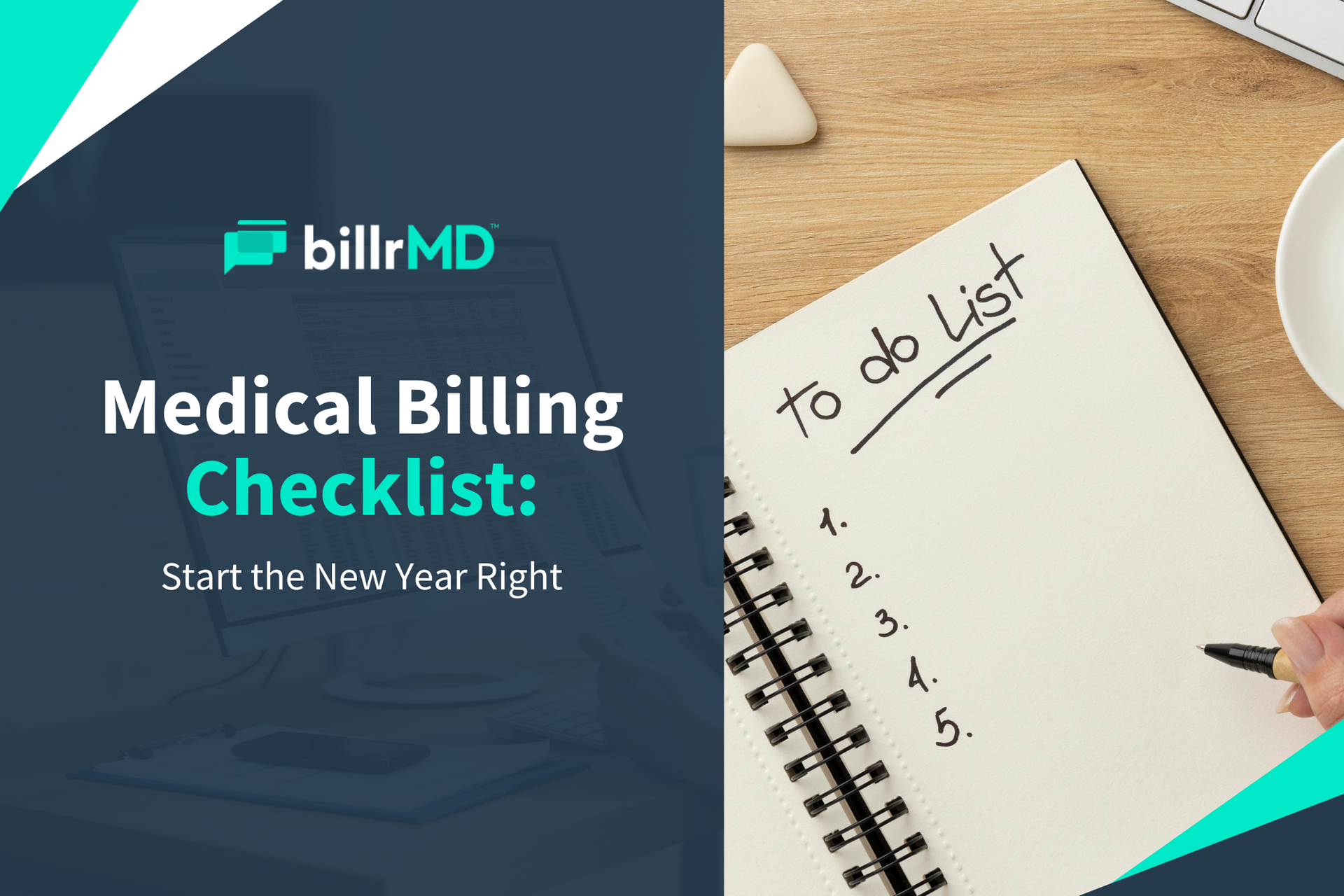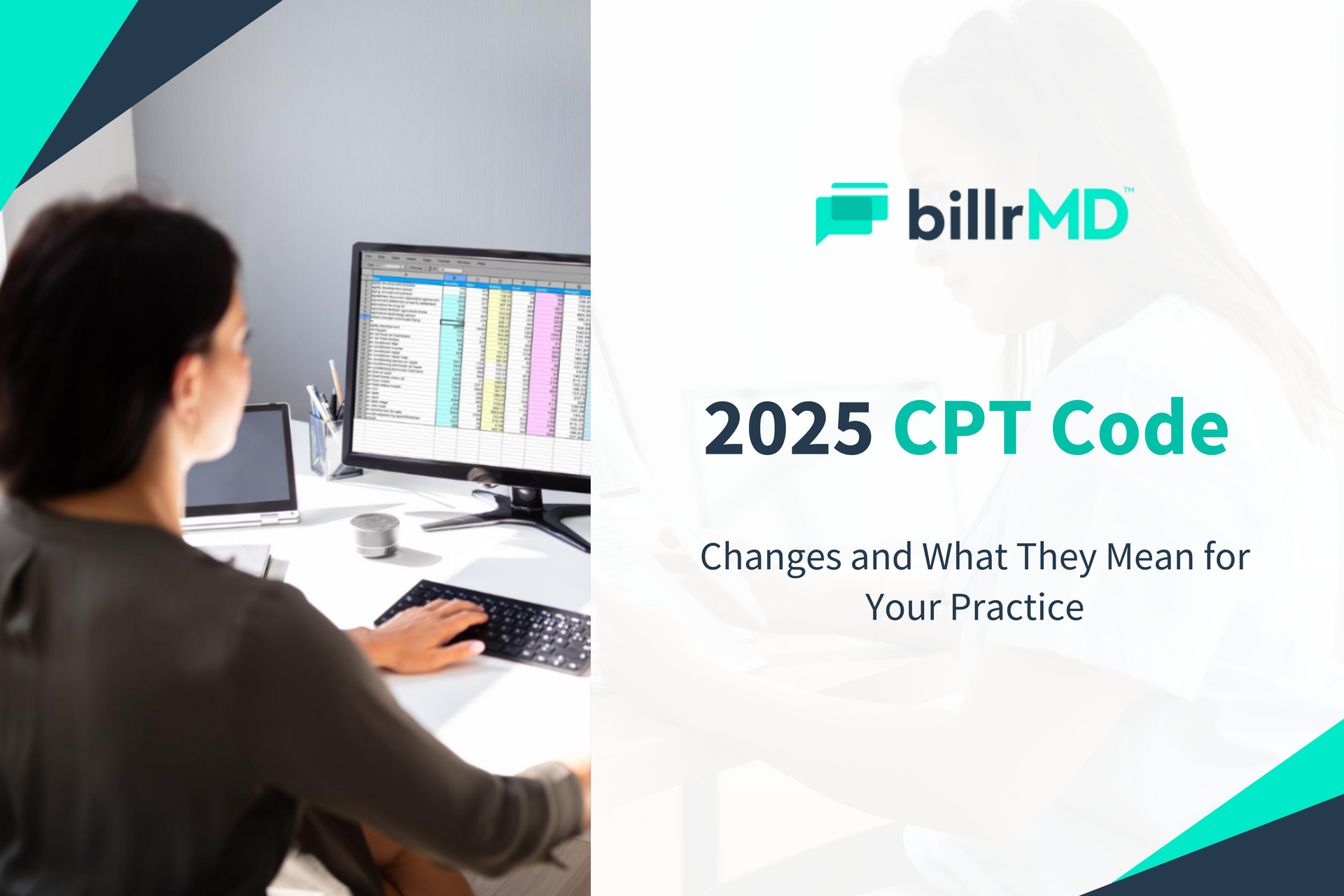Medical Billing & Coding Tips: 5 Ways to Improve Your RCM in 2023
As a healthcare provider, your primary objective is to deliver top-quality patient care. But to keep your practice sustainable and profitable, you must pay attention to your medical billing and coding workflows and ensure your entire revenue cycle management (RCM) is up to par with current industry demands and standards. So how can an organization improve its RCM in 2023?
What Is Revenue Cycle Management?

Revenue cycle management refers to the process of managing the financial aspects of your practice, from patient registration and insurance verification to billing, coding, and collections. A well-managed RCM can help you optimize revenue and cash flow, reduce costs, and improve patient satisfaction.
Effective revenue cycle management is crucial for any medical practice's financial stability and success. With today's challenging economic climate compounded by
inflation,
pay cuts, and a turbulent global political landscape, optimizing your medical billing, coding, and other RCM workflows is more important now than ever.
Read More:
How to Cushion the Impact of the 2023 Medicare Pay Cut
How to Improve Revenue Cycle in Healthcare

As financial challenges abound, technology paired with competent and experienced billing staff will play a critical role in keeping your business healthy. But even if you have both, you still need a well-thought-out strategy to complement your sophisticated technology and expert support.
Read More:
How Practice Management Software Boosts Revenue Amid Recession Fears
In this blog, we'll discuss five valuable revenue cycle management tips, focusing on critical processes that can help increase your practice’s income in 2023 and beyond:
1. Verify Insurance Eligibility and Benefits
One of the essential steps in revenue cycle management is verifying patient insurance eligibility and benefits before providing any medical services. Verifying insurance information upfront can help you avoid payment delays and denials.
You can use online insurance verification tools and portals to check patient coverage and benefits. This also helps you determine the patient's financial responsibility and collect co-pays and deductibles at the point of service.
Read More:
What Makes a Good Health Insurance Verification Software
2. Streamline Billing Processes

Billing can be complex and time-consuming, but it's essential for generating revenue. Streamlining your billing processes can help you reduce errors, improve accuracy, and speed up payment collections.
You can use
billing software that integrates with your electronic health record (EHR) system to automate billing tasks, such as
electronic claims submission, tracking payments, and sending patient statements. You can also use electronic payment methods such as credit cards or e-checks to simplify payment collections.
3. Optimize Coding and Documentation
Accurate coding and documentation are critical for maximizing revenue and avoiding claim denials. You can optimize coding and documentation by providing comprehensive training to your staff on the latest coding guidelines and best practices.
With recent
revisions to the Current Procedural Terminology (CPT) codes, particularly to the
evaluation and management (E/M) section, and the
shift from ICD-10 to ICD-11, having an experienced team of medical billing and coding professionals can go a long way.
4. Improve Patient Collections
Collecting patient payments can be challenging, especially for high-deductible health plans. However, improving patient collections can help reduce delinquent payers and enhance your practice’s cash flow.
You can improve patient collections by communicating your payment policies upfront, offering
flexible payment options like
credit cards processing
, and providing clear and concise
electronic invoices and patient statements. You can also use patient engagement tools such as text message reminders and online payment portals to encourage timely payments.
Read More:
5 Ways E-Invoicing & E-Statements Boost Business Performance
5. Monitor and Analyze Performance Metrics

Monitoring and analyzing performance metrics is essential for identifying areas of improvement and optimizing RCM workflows. With practice analytics tools, you can track key performance indicators (KPIs) such as claim denial rates, days in accounts receivable, and collection rates.
This valuable information empowers you to make better-informed, data-driven decisions and develop targeted solutions to your RCM challenges.
Read More:
How to Maximize Your Free Practice Analytics Software
Implement Medical Billing & Coding Software

Even the most well-thought-out strategies and experienced staff can fail without the right tools. Equip your practice with a web-based billing solution that adapts to every stage of your practice's growth.
As an industry-leading
web-based billing software ,
billrMD helps small and startup practices achieve their goals with the most comprehensive RCM tools and practice management features. With flexible packages, you can tailor billrMD to your current needs and unlock more powerful features as your practice grows.
Read More:
Why billrMD is the Best Software For Your Small Medical Practice
As the country's economic woes persist, your medical billing and coding practices must also adapt. With a sound RCM strategy, experienced billing staff, and sophisticated web-based billing software, your practice can continue to grow and thrive despite economic uncertainty.
Recent Posts
One software for all your practice management needs.
billrMD | All Rights Reserved.
billrMD | All Rights Reserved.

